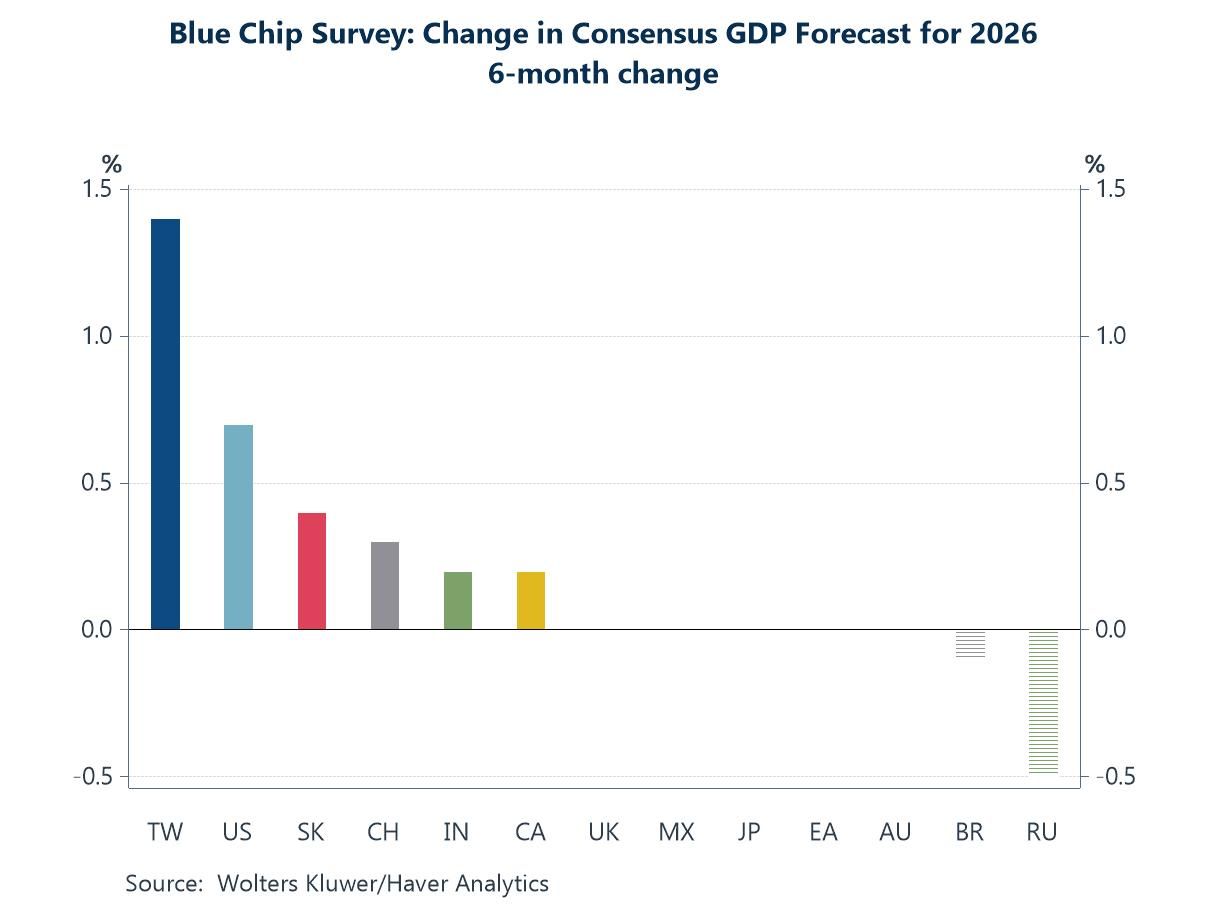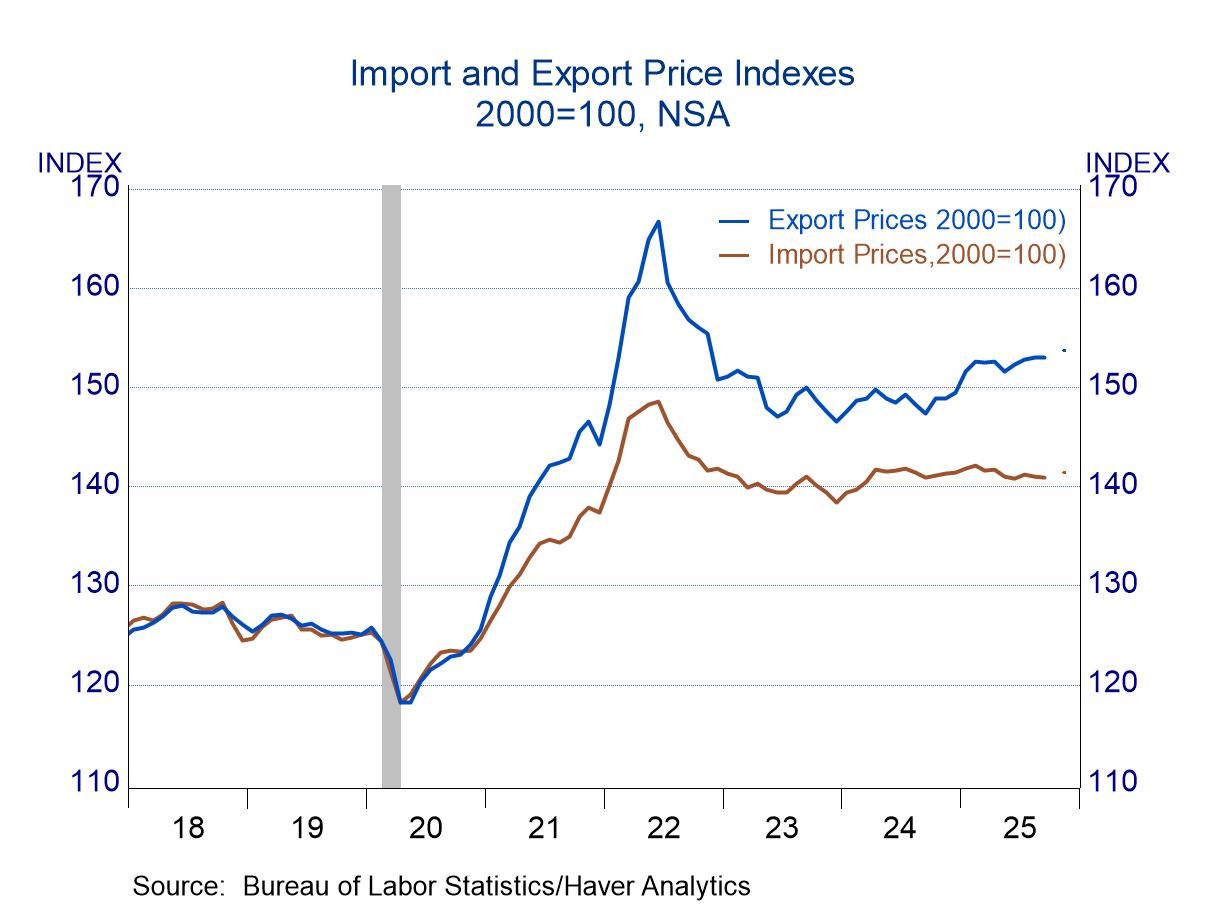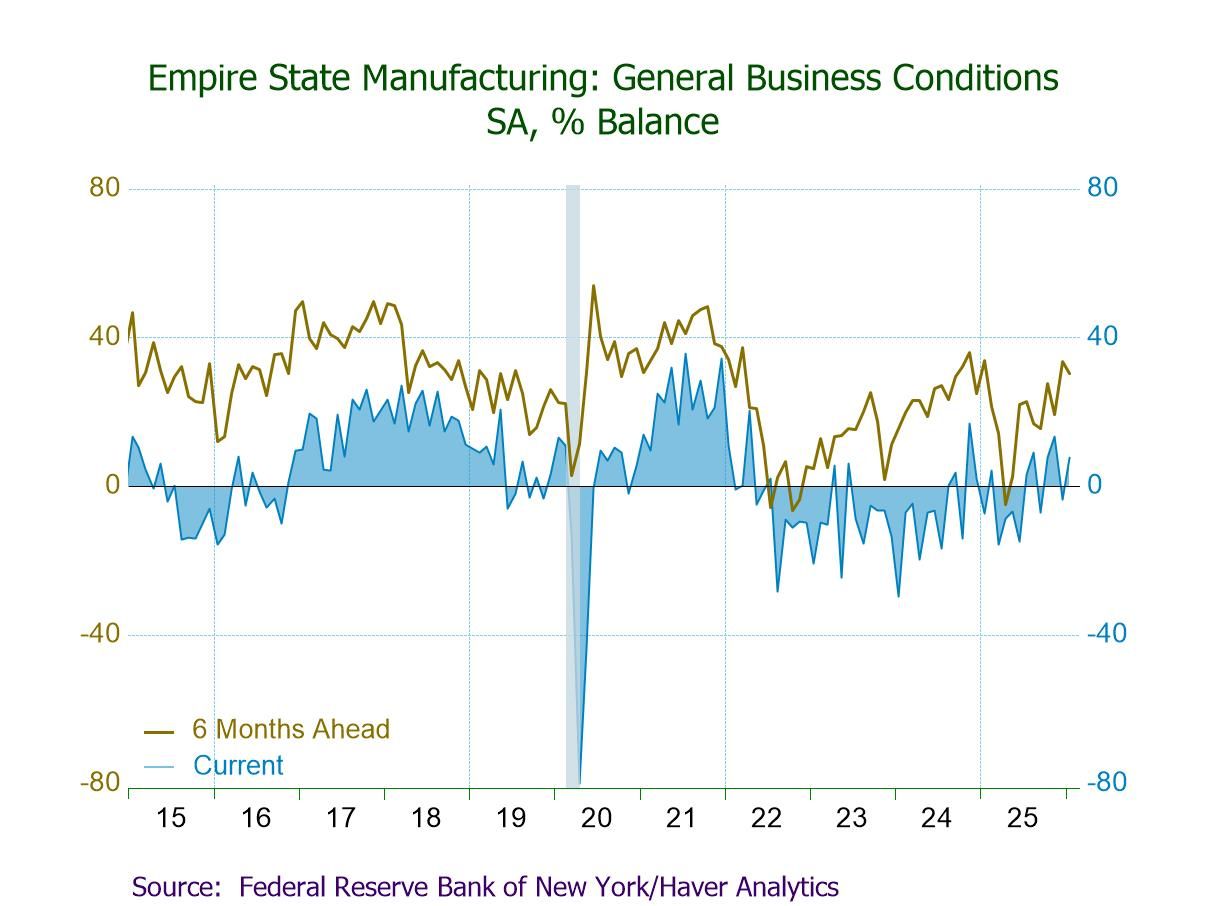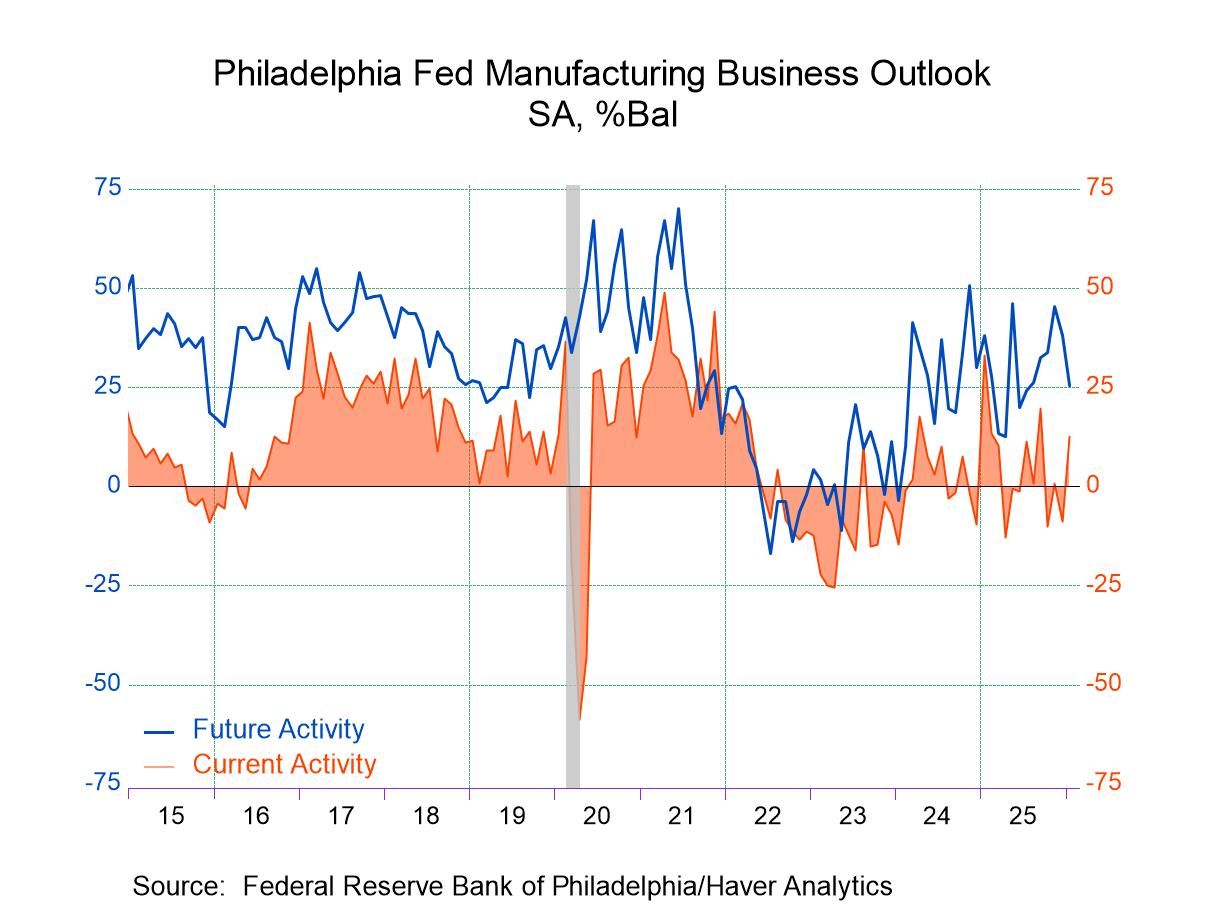U.S. Pending Home Sales Drop in April After Two Straight M/M Increases
Summary
- PHSI -6.3% (-2.5% y/y) in April vs. +5.5% (-1.2% y/y) in March.
- Widespread m/m falls in home sales, w/ the deepest decline in the West (-8.9%).
- Home sales down y/y in the West (-6.5%), Northeast (-3.0%), and South (-3.0%) but up y/y in the Midwest (+2.2%).


The Pending Home Sales Index, a forward-looking measure of home sales based on contract signings, fell 6.3% m/m to 71.3 in April following a downwardly revised 5.5% gain to 76.1 in March (+6.1% & 76.5 initially) and an unrevised 2.1% increase in February, according to the National Association of Realtors (NAR). The April reading was the first m/m fall and the lowest PHSI level since January. The year-on-year rate was -2.5% in April after -1.2% in March, registering the fifth consecutive negative y/y pace; this compared to -6.6% y/y in April 2024. The PHSI had fallen 43.0% since its October 2021 high of 125.1 and 44.3% since its August 2020 peak of 128.0.
The m/m fall in April pending home sales occurred as the average rate on a 30-year mortgage rose to 6.73% in April after declining to 6.65% in March (lowest since October). These rates, while below a peak of 7.62% in October 2023, had remained higher than a low of 5.22% in August 2022 and well above a record-low 2.68% in December 2020.
Pending home sales dropped m/m in April in all four major regions. Sales in the West slid 8.9% (-6.5% y/y) in April, the fifth m/m slide in six months, after a 4.7% rebound in March. Sales in the South decreased 7.7% (-3.0% y/y) following an 8.6% March advance and sales in the Midwest fell 5.0% (+2.2% y/y) after a 4.5% March rise; both registered the first m/m drop since January. Sales in the Northeast fell 0.6% (-3.0% y/y) on top of a 0.5% March decline, posting the third successive m/m fall and the fifth in six months.
The pending home sales index measures sales at the time the contract for the purchase of an existing home is signed, similar to the Census Bureau's new home sales data. In contrast, the National Association of Realtors' existing home sales data are recorded when the sale is closed, which is usually a couple of months after the sales contract has been signed. In developing the pending home sales index, the NAR found that the level of monthly sales contract activity leads the level of closed existing home sales by about two months.
The series dates back to 2001 and are available in Haver's PREALTOR database. Weekly mortgage interest rates from the Mortgage Bankers Association can be found in the WEEKLY database.
Winnie Tapasanun
AuthorMore in Author Profile »Winnie Tapasanun has been working for Haver Analytics since 2013. She has 20+ years of working in the financial services industry. As Vice President and Economic Analyst at Globicus International, Inc., a New York-based company specializing in macroeconomics and financial markets, Winnie oversaw the company’s business operations, managed financial and economic data, and wrote daily reports on macroeconomics and financial markets. Prior to working at Globicus, she was Investment Promotion Officer at the New York Office of the Thailand Board of Investment (BOI) where she wrote monthly reports on the U.S. economic outlook, wrote reports on the outlook of key U.S. industries, and assisted investors on doing business and investment in Thailand. Prior to joining the BOI, she was Adjunct Professor teaching International Political Economy/International Relations at the City College of New York. Prior to her teaching experience at the CCNY, Winnie successfully completed internships at the United Nations. Winnie holds an MA Degree from Long Island University, New York. She also did graduate studies at Columbia University in the City of New York and doctoral requirements at the Graduate Center of the City University of New York. Her areas of specialization are international political economy, macroeconomics, financial markets, political economy, international relations, and business development/business strategy. Her regional specialization includes, but not limited to, Southeast Asia and East Asia. Winnie is bilingual in English and Thai with competency in French. She loves to travel (~30 countries) to better understand each country’s unique economy, fascinating culture and people as well as the global economy as a whole.




 Global
Global

